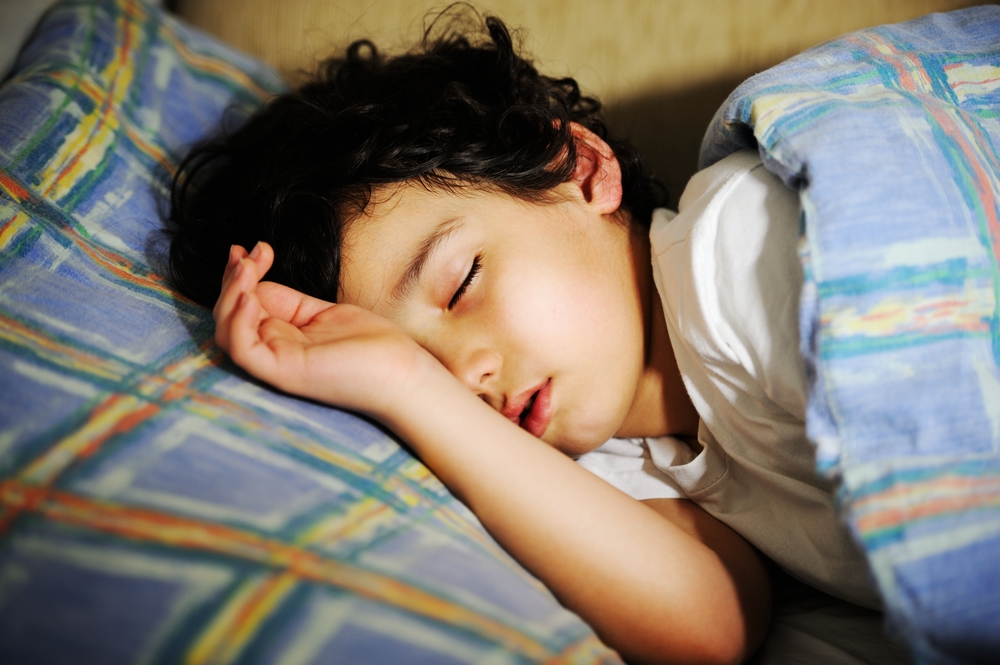 With summer break at or near an end for a number of Orange County schools, a lot of students are going to have to get back in the habit of waking up early on weekdays. And that might necessitate earlier bedtimes to ensure they get enough sleep.
With summer break at or near an end for a number of Orange County schools, a lot of students are going to have to get back in the habit of waking up early on weekdays. And that might necessitate earlier bedtimes to ensure they get enough sleep.
But how much sleep is enough? We’re glad you asked.
The American Academy of Pediatrics recently endorsed a set of guidelines issued by the American Academy of Sleep Medicine for children four months to 18 years. The recommendations, published June 13 in the Journal of Clinical Sleep Medicine, suggest the following for optimal health:
- Infants 4 months to 12 months should sleep 12 to 16 hours per 24 hours, including naps.
- Children 1 to 2 years old should sleep 11 to 14 hours per 24 hours, including naps.
- Children 3 to 5 years old should sleep 10 to 13 hours per 24 hours, including naps. (Kids often stop napping around 5.)
- Children 6 to 12 years old should sleep nine to 12 hours per 24 hours.
- Teenagers 13 to 18 years old should sleep eight to 10 hours per 24 hours.
The experts further found that getting adequate sleep on a consistent basis leads to improved attention, behavior, learning, memory, emotional regulation, quality of life, and mental and physical health. In other words: You snooze, you win.
By contrast, not getting enough Zs is associated with an increase in injuries, hypertension, obesity and depression, especially for teens with an increased risk of self-harm or suicidal thoughts.
We reached out to OCDE Medical Officer Dr. Marc Lerner, who emphasized the value of sleep and cited similar findings.
“A good night’s sleep is important for every student,” Dr. Lerner told the Newsroom. “Families should know that better sleep can help both high achieving and academically challenged students. Doctors are paying more attention to sleep and can refer families to effective behavioral programs to improve the sleep of their children.”
The AAP also has some advice for improving sleep quality. Along with logging the appropriate number of hours, the academy suggests that video screens be turned off at least 30 minutes before bedtime. In fact, they advise that TVs, computers and other screens not be allowed in children’s bedrooms.
For infants and young children, establishing a bedtime routine is a great way to ensure a good night’s sleep. You can read more about the AAP’s “Brush, Book, Bed” program — and find additional resources — here.
And with that, we could use a nap.
